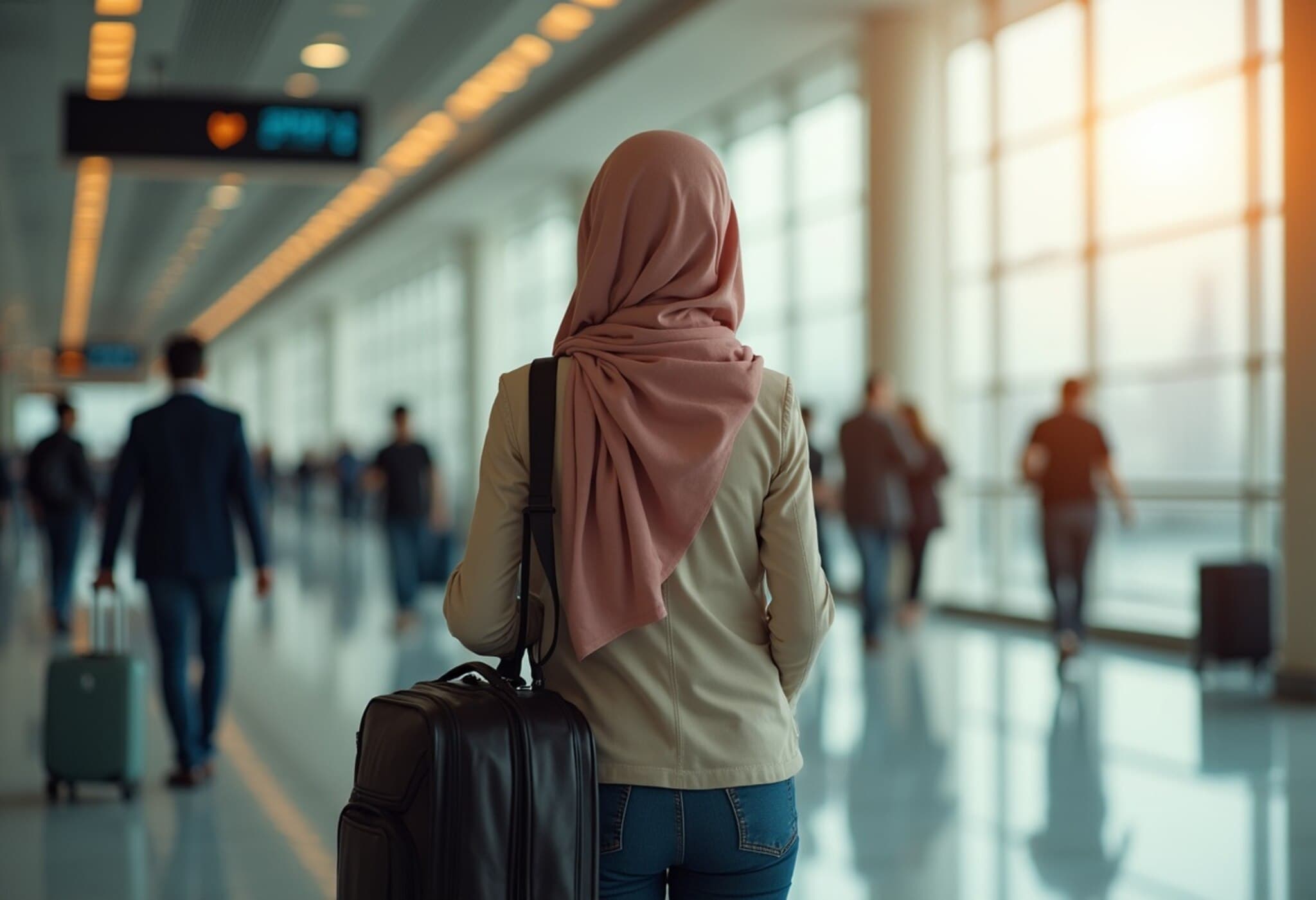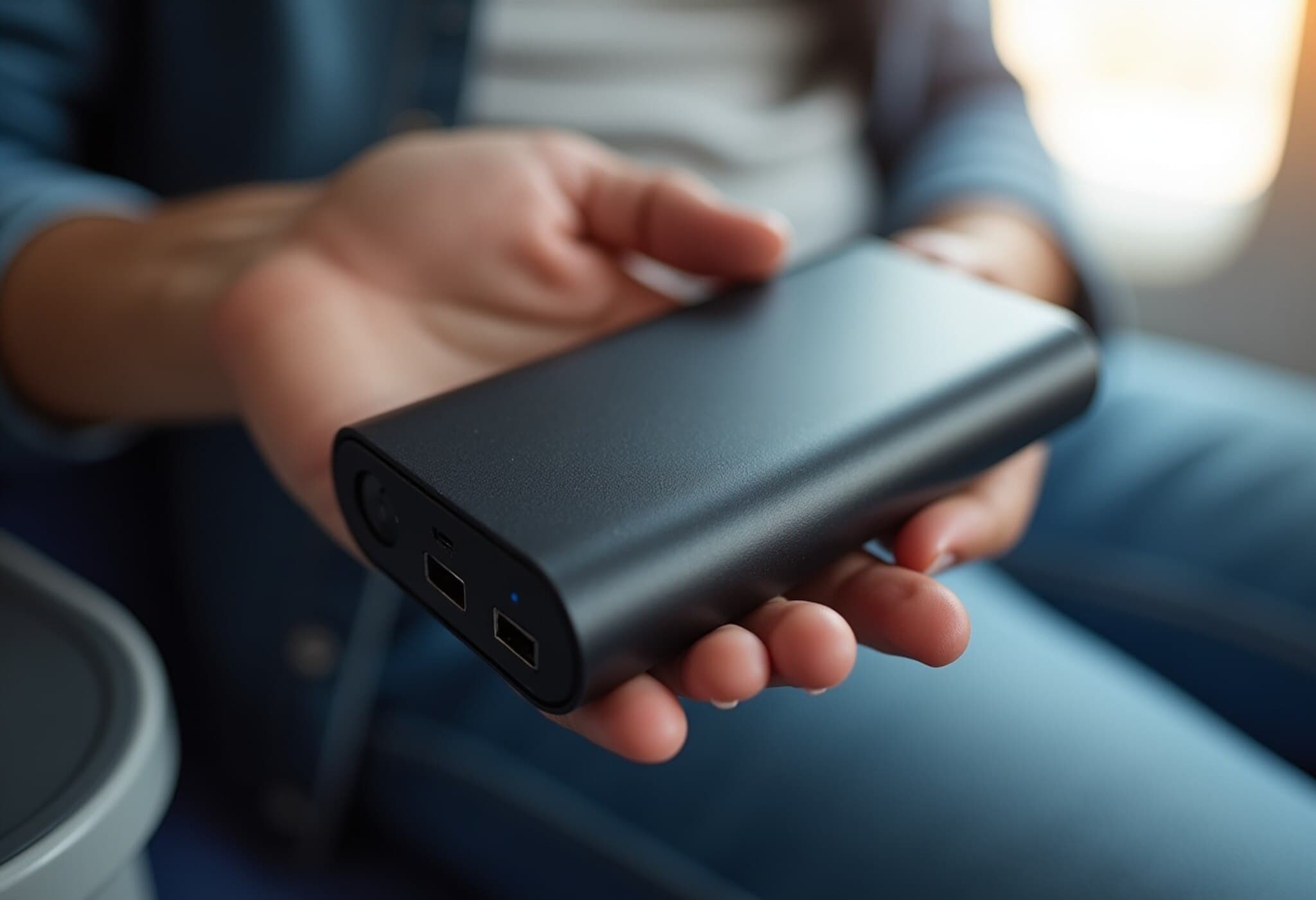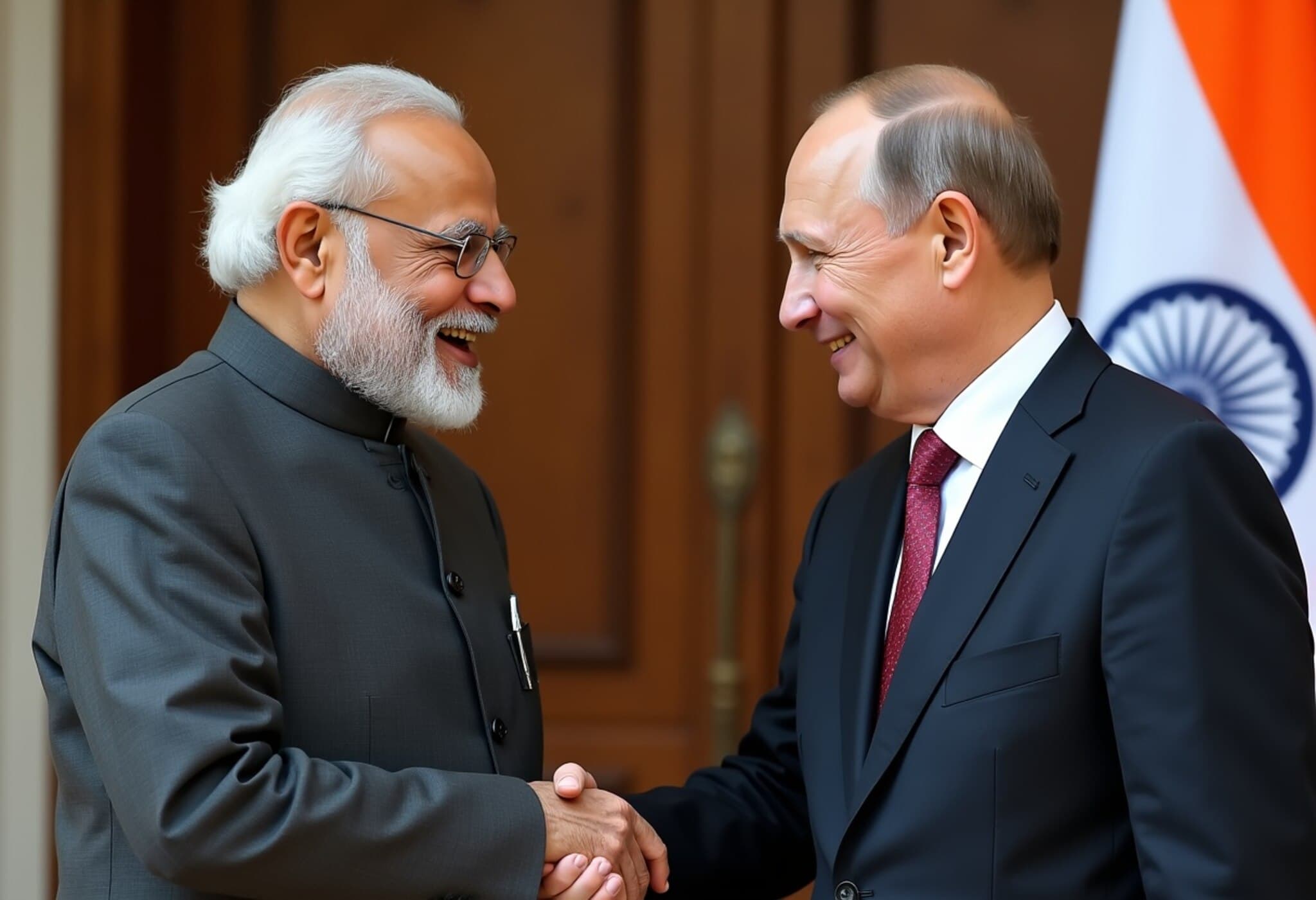Essential Packing Guidelines for India to UAE Travelers
Planning a trip from India to the United Arab Emirates (UAE)? Whether you’re heading back after a family visit or embarking on a new adventure, understanding customs regulations is critical to avoid delays or confiscation of your belongings. The UAE has strict rules regarding certain food items, medications, and electronics, especially in hand luggage. Ignorance of these can result in unpleasant surprises at the airport.
UAE Customs and Indian Airport Security: What You Need to Know
While the excitement of bringing home spices, sweets, or homemade delicacies is understandable, travelers should exercise caution. Both the UAE customs and Indian airport security, guided by the Bureau of Civil Aviation Security (BCAS), enforce specific restrictions aimed at ensuring security and compliance.
Restricted Food Items: Navigating the Complex Rules
Many Indian travelers are accustomed to packing an assortment of culinary delights. However, the UAE customs department prohibits items like paan (betel leaves) and cooked food, no matter how carefully they are packed or their homemade nature.
Here’s a breakdown of some commonly confused items and their allowance status:
- Copra (dried coconut): Prohibited in both hand luggage and check-in.
- Whole coconut: Not allowed in carry-on but permitted in checked baggage.
- Powdered spices (including chilli): Not allowed in cabin baggage due to flammability risks and resemblance to explosive materials in scans; allowed in checked luggage.
- Ghee and cooking oils: Limited quantities permitted; typically up to 5kg per passenger in checked bags, restricted in hand luggage under liquid rules.
- Pickles: Allowed, but chilli pickles only in checked baggage.
Understanding these nuances can save you from confiscated goods and unexpected hassles.
Medications: Secure Your Prescriptions Before You Fly
If you rely on prescription medication, it’s imperative to obtain prior approval from the UAE Ministry of Health and Prevention (MoHAP). This official paperwork can be arranged online before you pack your bags. Without this approval, passengers risk confiscation or facing legal challenges upon arrival. Medications without proper documentation are a common but avoidable issue for many travelers.
Electronics and Batteries: Staying Within Aviation Safety Norms
Electronics present another layer of complexity. The UAE’s General Civil Aviation Authority (GCAA) enforces stringent regulations on items such as lithium-ion batteries, drones, and power banks.
- Power banks must generally be carried in cabin baggage, never in checked luggage.
- Drones require special permits or approvals before being transported.
- Exceeding battery wattage limits or carrying prohibited electronic items can lead to confiscation.
Active familiarity with these rules not only eases your airport experience but also aligns with wider efforts to maintain aviation safety.
Expert Insights: Why Countries Enforce These Restrictions
Stringent bans on seemingly innocuous items like certain foodstuffs or powders stem from multifaceted concerns:
- Health and Biosecurity: Preventing the spread of pests, diseases, or contamination through food items.
- Security Risks: Spices, powders, and some liquids may mimic explosive substances and complicate security scans, prompting strict regulation.
- Regulatory Compliance: Aligning with international aviation standards, especially concerning lithium batteries and drones.
For Indian travelers, staying informed about both Indian and UAE policies is crucial to avoid legal pitfalls.
Tips for Travelers: Smooth Customs Clearance
- Review official websites of your airline, the Indian BCAS, and UAE Customs shortly before departure.
- Avoid packing prohibited foods such as paan, cooked meals, or unapproved powdered spices in your carry-on baggage.
- Get pre-approval for prescription medicines from UAE health authorities if you need to carry them.
- Keep electronic devices and batteries in compliance with GCAA rules.
- Declare items when in doubt – honesty with customs officers can prevent fines and delays.
Conclusion: Preparation is Your Best Travel Companion
Traveling between India and the UAE is a well-trodden route, but unexpected customs hurdles can easily disrupt your journey. Being proactive about the latest restrictions not only protects your belongings but also enhances your peace of mind during your travels. Carrying banned items in hand luggage – even with the best intentions – can result in stress and financial losses.
Remember: when it comes to international travel, knowledge isn’t just power; it’s freedom at the airport.
Editor’s Note
As the UAE continues to implement stringent security and biosecurity measures, Indian travelers must adapt their packing strategies accordingly. This evolving landscape spotlights a broader global trend where safety considerations increasingly shape travel norms. Are international travelers sufficiently aware of the complexities behind these regulations? How might airlines and authorities further streamline communication to reduce last-minute surprises? Engaging with these questions is vital for a smoother, safer travel experience in the years ahead.











